SUMMARY
This is AI generated summarization, which may have errors. For context, always refer to the full article.

Philippine independence day is coming up on Sunday, June 12. The cynics among us journalists are probably asking, “What is there to celebrate?” After 1986, when Philippine media was freed from the shackles of censorship under the Marcos regime, control over the press has taken on more sophisticated forms. Libel has morphed into more dangerous cyber libel and censorship has evolved into denial of access to officials. Advertising boycotts that affected the bottomline have also been replaced by diminished brands caused by disinformation and attacks on media credibility.
Critics of the media often say we exaggerate when we make assertions about threatened media freedoms. After all, no media entity has been shuttered upon orders of the administration in power. But how many of our colleagues have been red-tagged, accused of being subversives and being sympathetic to communists? How many have been killed and have faced cyber libel cases recently? How many remain deprived of freedom?
Add to this the rise of SMNI and Net 25 under an impending Marcos presidency. If under Duterte, social media influencers and bloggers became ascendant, these channels affiliated with Apollo Quiboloy and the Iglesia ni Cristo would have their golden opportunities post-elections. In such a hostile environment, how could we survive and thrive? Given the uncertainties under a Marcos presidency, how should Rappler pivot and navigate this rough and still-unpredictable terrain?
Hello, I’m Chay Hofileña, among the founding editors of Rappler. It’s been quite some time since I wrote to you but after 10 years since we launched Rappler, I thought it would be good to share with you some of the questions we have been grappling with in the past few months and hopefully get to hear from you, too, about your own ideas.
Opportunities
The lay of the land shows that access will be a great challenge for us once Ferdinand Marcos Jr. becomes president. Fortunately, this is nothing new since Rodrigo Duterte had been first to use this against us. If you recall, he banned our reporter Pia Ranada from covering the Palace and all other events where he would be present. That ban extended to all reporters and correspondents affiliated or associated with Rappler.
Did it prevent us from getting stories and information about Duterte and the presidency? No, not really. Our reporters proved to be resourceful (marunong dumiskarte), other sympathetic media were very helpful (we are blood brothers and sisters in the profession), and other government officials who understood the importance of a free and independent media were professional enough to engage with us (this is part of being government servants).
Crisis begets opportunities. This much we have learned.
This new administration, going by the early composition of the Marcos Cabinet, will have to earn credibility and legitimacy not only before Filipinos – yes, even the 40% who didn’t vote for Marcos – but before the international community too. The biggest liability and baggage obviously is the Marcos name. In a globalized world where what happens in Ukraine can have terrible repercussions on faraway Philippines, parochialism and isolationism clearly have no place. This is one thing going for us.
Another is our having learned to live and adjust quickly to tough situations. The Filipino proverb, “Kapag maiksi ang kumot, matuto kang mamaluktot,” comes to mind. (When the blanket is short and narrow, learn to curl up.) We’ve learned and managed to survive by being agile and adaptive to every challenging situation. We plan to do the same under this new government.
How?
- We maximize and continue to build on our core strengths – courage, clarity of mission, well-defined values and principles. Our pillars will remain to be journalism (and data), technology, community.
- We maximize manpower and resources by identifying what is truly essential and start discarding the crumbs. Laser focus is the name of the game.
- We draw strength from each other, taking turns at allowing team members to do what they are good at while others fill the gaps. Maximum impact from collective efforts.
How does this translate to our day-to-day operations?
- We start rejuvenating our clusters that are driven by topical issues and stop spreading reporters thinly across traditional “beats” or government agencies. Initially, these clusters can include governance, disinformation and media, social issues, justice/human rights/crime, sustainability and the economy, and environment/climate change.
- We continue producing high quality, unique content, being freed from the strictures of breaking news. We will be more selective in choosing which ones really matter.
- We start producing even more high quality video, lives, explainers, analyses, investigative, data, in-depth, feature, and human interest stories especially on weekends.
These are all preliminary and will likely evolve in the coming months. Let us know if you have fresh ideas that we could incorporate too! What would you want to see less and more of on Rappler?
Add a comment
How does this make you feel?

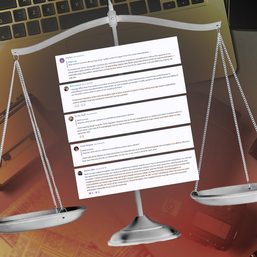
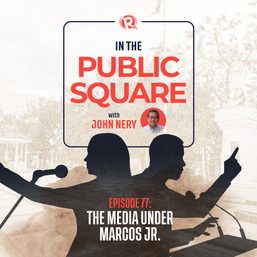
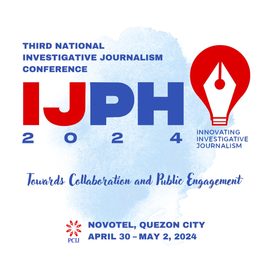

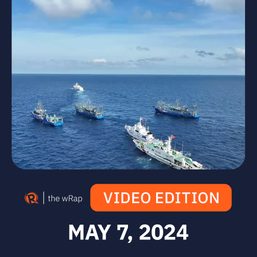


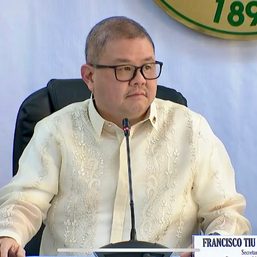


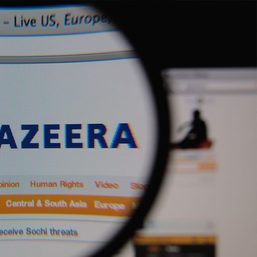


![[OPINION] Demystifying net-zero and climate reporting in the Philippines](https://www.rappler.com/tachyon/2024/05/TL-climate-reporting-philippines-May-3-2024.jpg?resize=257%2C257&crop_strategy=attention)
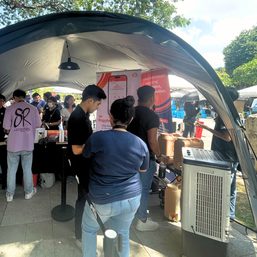


![[Rappler’s Best] Patricia Evangelista](https://www.rappler.com/tachyon/2024/04/unnamed-9-1.jpg?resize=257%2C257&crop=486px%2C0px%2C1333px%2C1333px)

There are no comments yet. Add your comment to start the conversation.